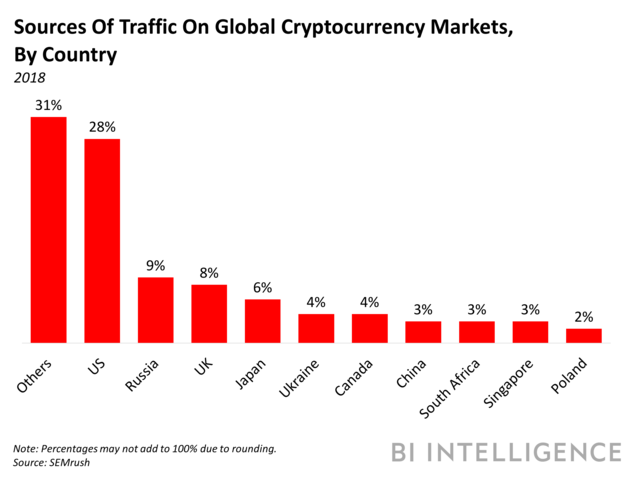 BI Intelligence
BI Intelligence
This story was delivered to BI Intelligence “Fintech Briefing” subscribers. To learn more and subscribe, please click here.
Japanese cryptocurrency exchange bitFlyer is reportedly revising its user verification process, amid increasing criticism from the Financial Services Authority (FSA) about its current know-your-customer (KYC) processes.
From April 26 onward, users who register with bitFlyer will have to wait for their identity and address to be confirmed with a receipt of a postal letter from the exchange, before they can start trading.
The current verification process allows users to trade right after submitting a photocopy of their ID cards, even when the information has not been confirmed yet, and therefore before the person’s ID has been verified. This gap could be used for money laundering, or other illegal activity.
This move is good for security, but it could leave customers disgruntled. Just earlier this week, the FSA suspended Japanese trading platform Blue Dream from operating until June 10. Hence, bitFlyer is wise to upgrade its identity verification now, when the FSA is still in early stages of criticism, rather than waiting for something detrimental to happen that might risk the exchange having to shut down.
However, for users, waiting for a physical confirmation from bitFlyer will take time, which could lead to a worsened customer experience. That could potentially turn customers away from bitFlyer’s service, especially given how time sensitive crypto trading can be, due to the market’s volatility. Therefore, bitFlyer should think of different — potentially electronic — ID verification processes, which take less time, while still being safe.
Crypto exchanges are still figuring out how to approach many processes.These exchanges remain relatively nascent, meaning there is much more development needed for them to operate efficiently and in compliance with regulations. We will likely see more crypto exchanges shutting down their operations in the future, while others move to revamp their security and other processes to survive. Some of this might be bad news for individual exchanges, but it also shows that the industry is evolving to become more sustainable.













